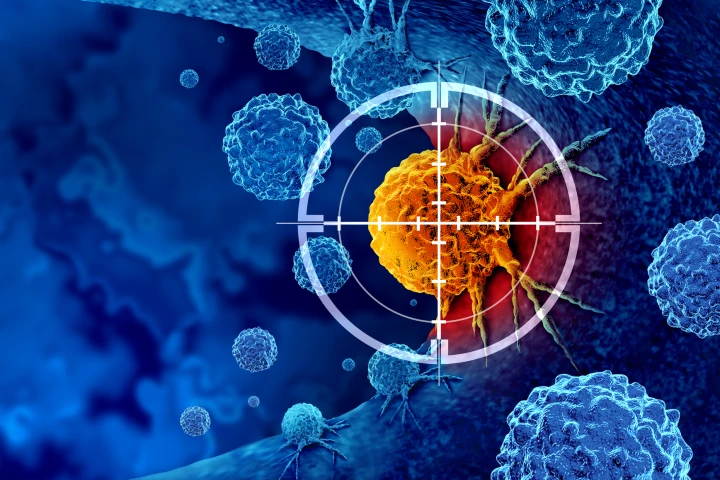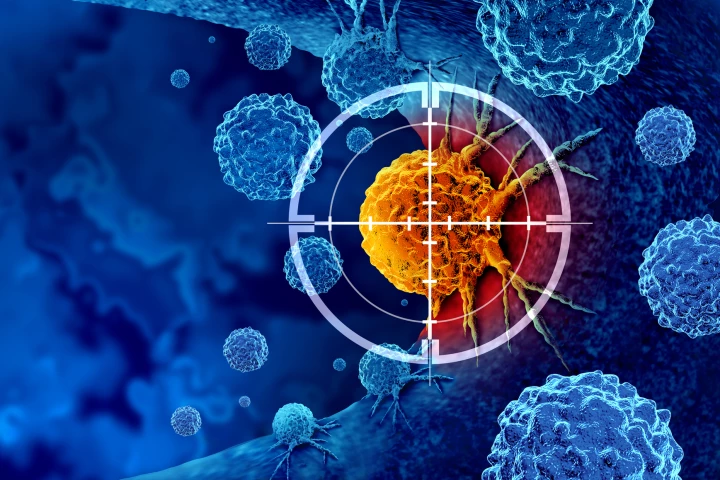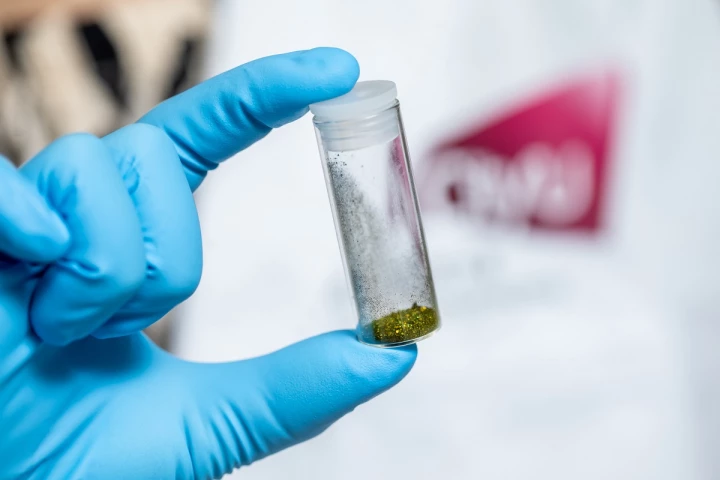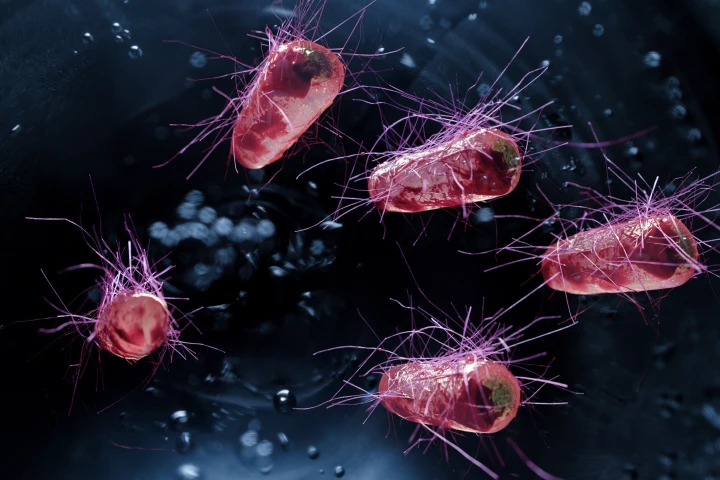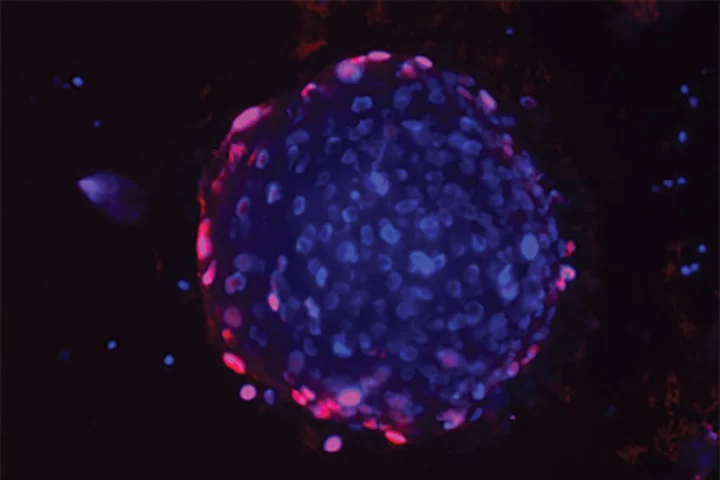Tumor
-
Researchers have harnessed the cancer-destroying abilities of the body’s natural killer cells. Nanodrones selectively target a tumor, enabling the killer cells suppress cancer growth, opening the door to novel, cancer-specific immunotherapies.
-
Researchers have developed a liquid gel that solidifies when injected into a solid tumor, is visible on a CT scan, and can slow-release cancer-fighting treatments. Combining the gel with immunotherapy improved survival in treatment-resistant cancers.
-
When fighting cancer, chemotherapy is still a bit of a blunt instrument. By combining it with soundwaves, however, researchers have found a way to turn it into more of a scalpel than a club, sparing damage to nearby tissue and the body as a whole.
-
Certain gut bacteria have been linked to colon cancer, but now they might get a chance at redemption. Scientists have engineered “pickpocket” bacteria to detect colorectal cancer, with a 100% success rate in mouse tests.
-
Surgery to remove brain tumors comes with risks, one being that it may cause damage to the surrounding tissues. Researchers have found that biomarkers found in the blood are a useful new tool for tracking brain tissue damage on a cellular level.
-
Diagnosing cancer requires a pathologist's expertise to analyze a biopsy sample. But a team of scientists has now developed a quick and simple method of analyzing biopsy samples for cancer that might make pathologists a thing of the past.
-
By removing certain amino acids from the diets fed to rodents suffering from glioblastoma, researchers found that brain cancer cells began dying. What's more, mice put on the restrictive diets were also more receptive to chemotherapy treatment.
-
Pediatric researchers have developed a technique that sees tumor-seeking probes attach to cancer cells and emit fluorescence under short-wave infrared light, opening the door for much better surgery and outcomes for kids with neuroblastoma
-
Cancer tumors are particularly adept at evading the body’s immune response, making treatment difficult. A new study has genetically engineered a common gut bacteria, enabling it to seek out and destroy cancer tumors from the inside.
-
Metastatic breast cancer is stubbornly resistant to current immunotherapies. But scientists have identified a dual-therapy attack to really fire up the immune system's cells, killing existing tumors and acting like a vaccine against future ones.
-
Researchers in Japan have demonstrated a promising new cancer treatment. The team developed artificial DNA sequences shaped like hairpins that latch onto molecules overexpressed in cancer and trigger a strong immune response.
-
Immunotherapy is a promising cancer treatment, but getting it to work against solid tumors is difficult. A new study has not only identified a drug that’s effective against solid tumors, but may have uncovered a reason that immunotherapy often fails.
Load More
